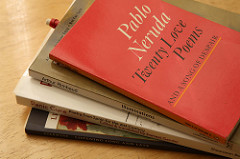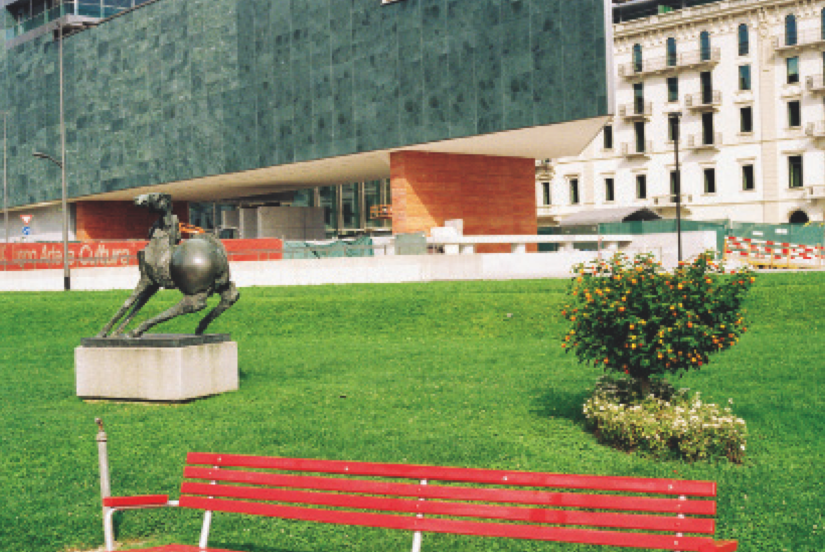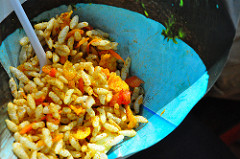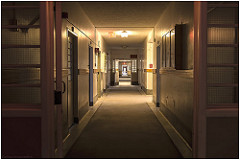By ILEANA SELEJAN
“The bunker was the reality of totalitarianism, its hideous remnant and reminder. The beheaded, violated, mutilated ghosts of Nicaragua bore witness, every day, to what used to happen here, and must never happen again.”
—Salman Rushdie, The Jaguar Smile
In the early hours of July 17, 1979, Anastasio Somoza snapped shut the last of his suitcases, preparing to leave. He took one last look at his newspaper; little things like pens, paper clips, and dust lay scattered around the desk, his daily mess. He’d expected this departure for days, yet he was still rushed; he was irritated and scared. In the bunker office, the stiff leather furniture and the leather-covered walls gleamed as the dim ceiling light flickered. Behind him, caught in the somber solitude of that late night of surrender, hung a large relief map of Nicaragua, the country he had “inherited” and ruled, and was now abandoning. The country whose people he had abused, tortured, waged war against. The country that was now aflame at his doorstep.










